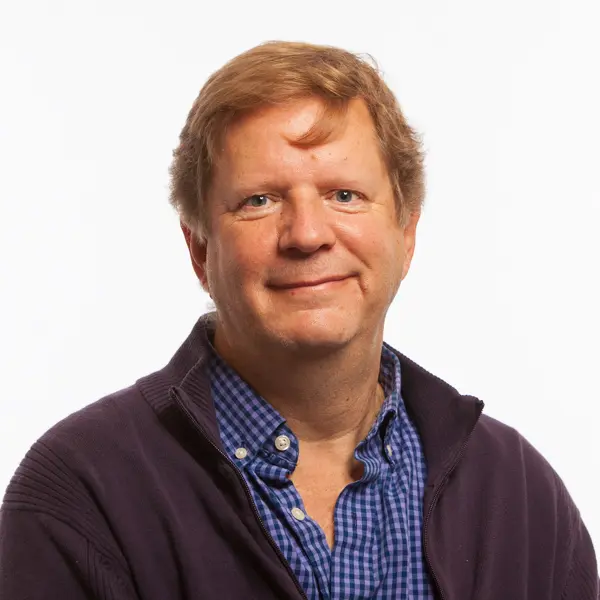-
- Special Programs
- Honors Guild
- Pre-College International Programs
- Pre-Med
- Pre-Major
- ROTC
- All Special Programs
-
- Financial Aid
- Financial Aid
- Scholarships
- Loans
- Grants
- Federal Work Study
- Additional Resources
-

